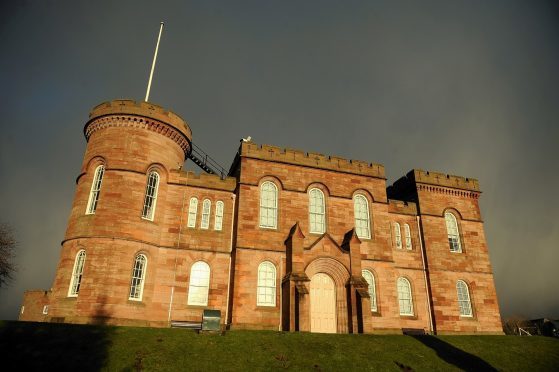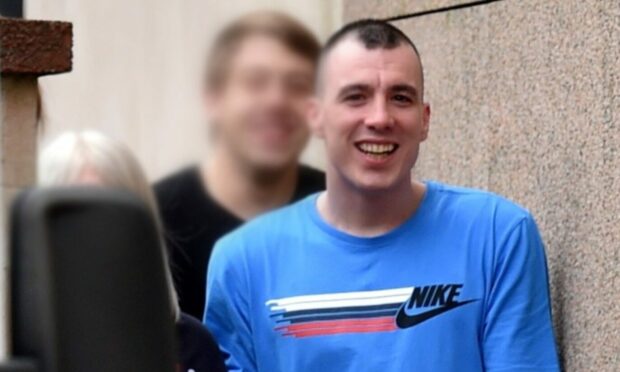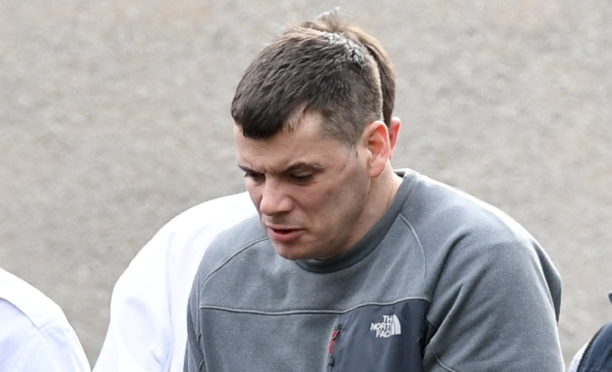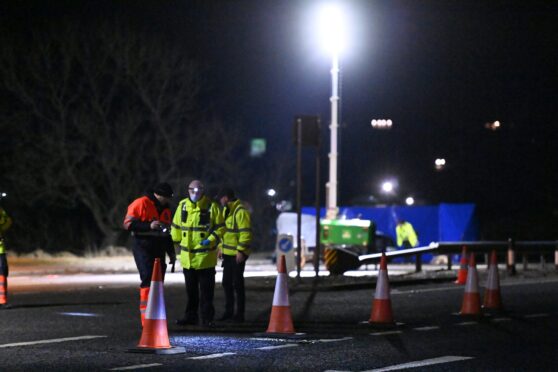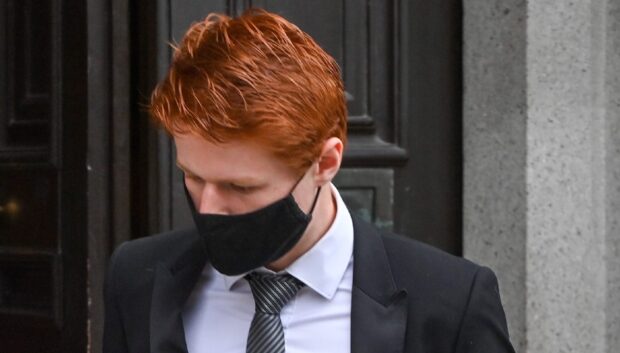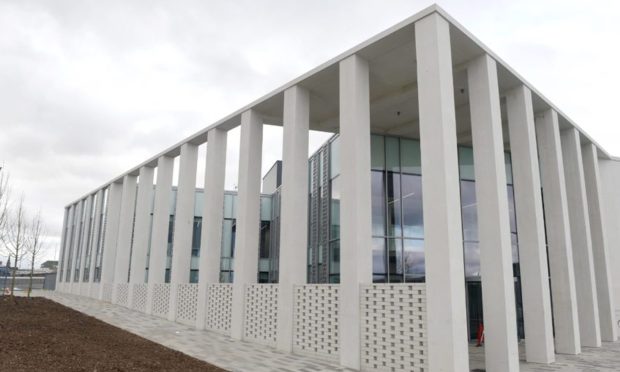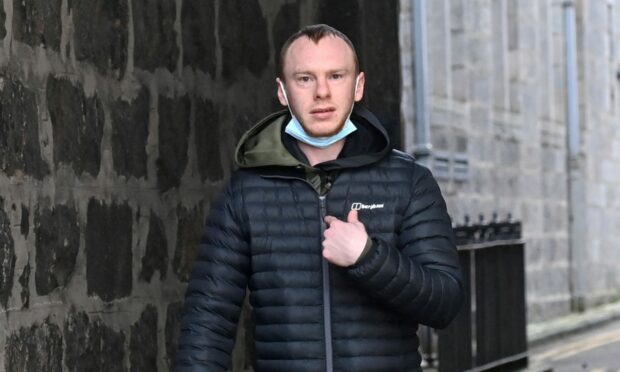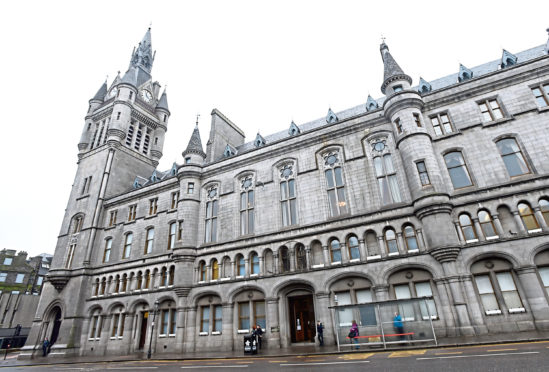A Catholic priest has appeared in court to face charges of abusing young boys in Scotland following his extradition from Canada earlier this week.
Father Robert Mackenzie, 87, appeared in private at Inverness Sheriff Court to face a string of allegations he sexually and physically abused the children at Fort Augustus Abbey in the Highlands and a prep school in North Berwick.
The priest, who walked with the aid of a zimmer frame, made no plea to a total of 18 charges when he appeared on petition yesterday before Sheriff David Sutherland.
He was represented by Inverness solicitor John McColl, who made no application for bail and Mackenzie was remanded to Porterfield Prison.
The priest had been flown to London from Canada and then on to Inverness on Thursday and Friday.
He is accused of committing a series of offences over a period of 33 years between 1955 and 1988 while he was a teacher and priest in a preparatory school in North Berwick and Fort Augustus.
A total of 14 charges relate to his time at the abbey.
They involve alleged assaults with a ruler, a stick on the buttocks, a tawse, punching and kicking pupils, fondling young boys and having them perform sex acts on him as well as performing sex acts on the youths.
MacKenzie is originally from Edinburgh and was educated in Rome. He was a teacher and house master at Fort Augustus Abbey, which was run by Benedictine monks.
The Abbey closed as a school in 1993.
MacKenzie moved to Canada in 1988 and worked in Saskatchewan, which borders the US in west central Canada.
He served in the towns of Cupar, Dysart and Lipton and retired in 2002, though he continued to conduct mass.
